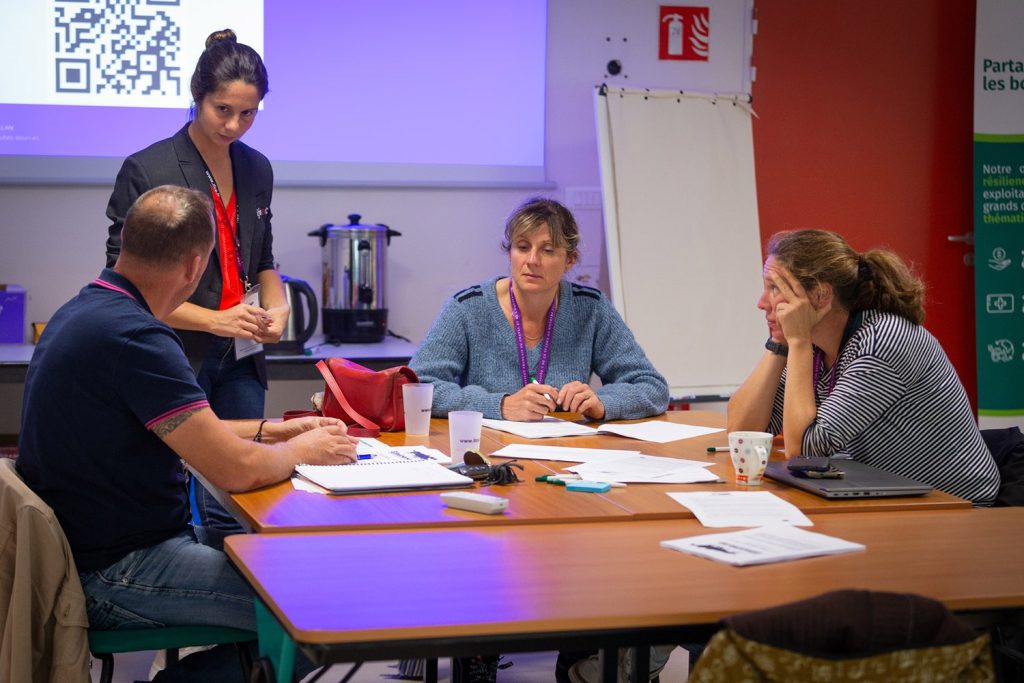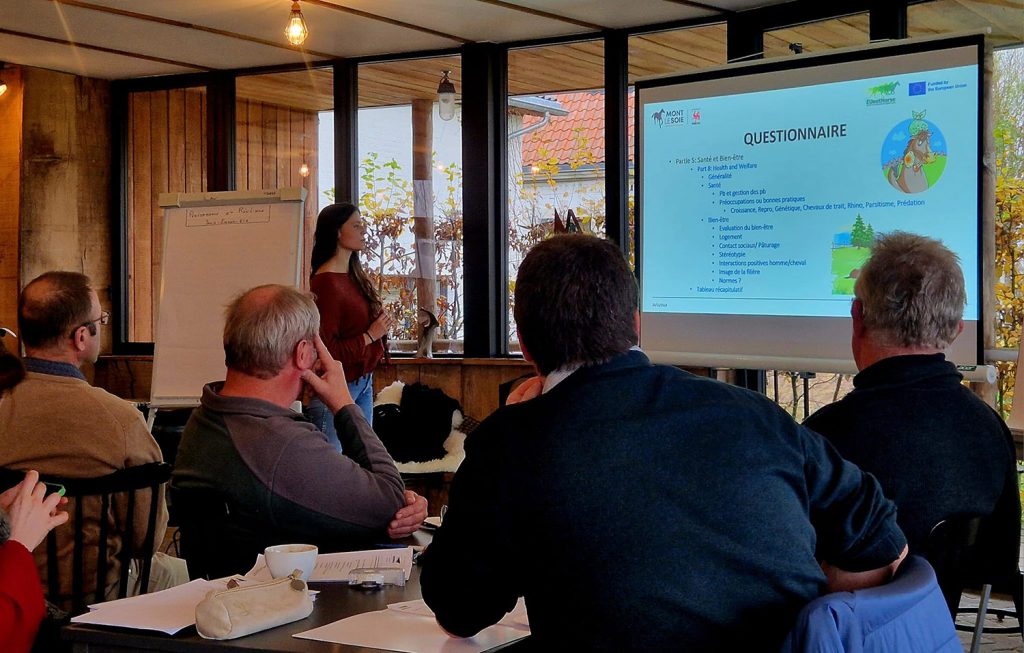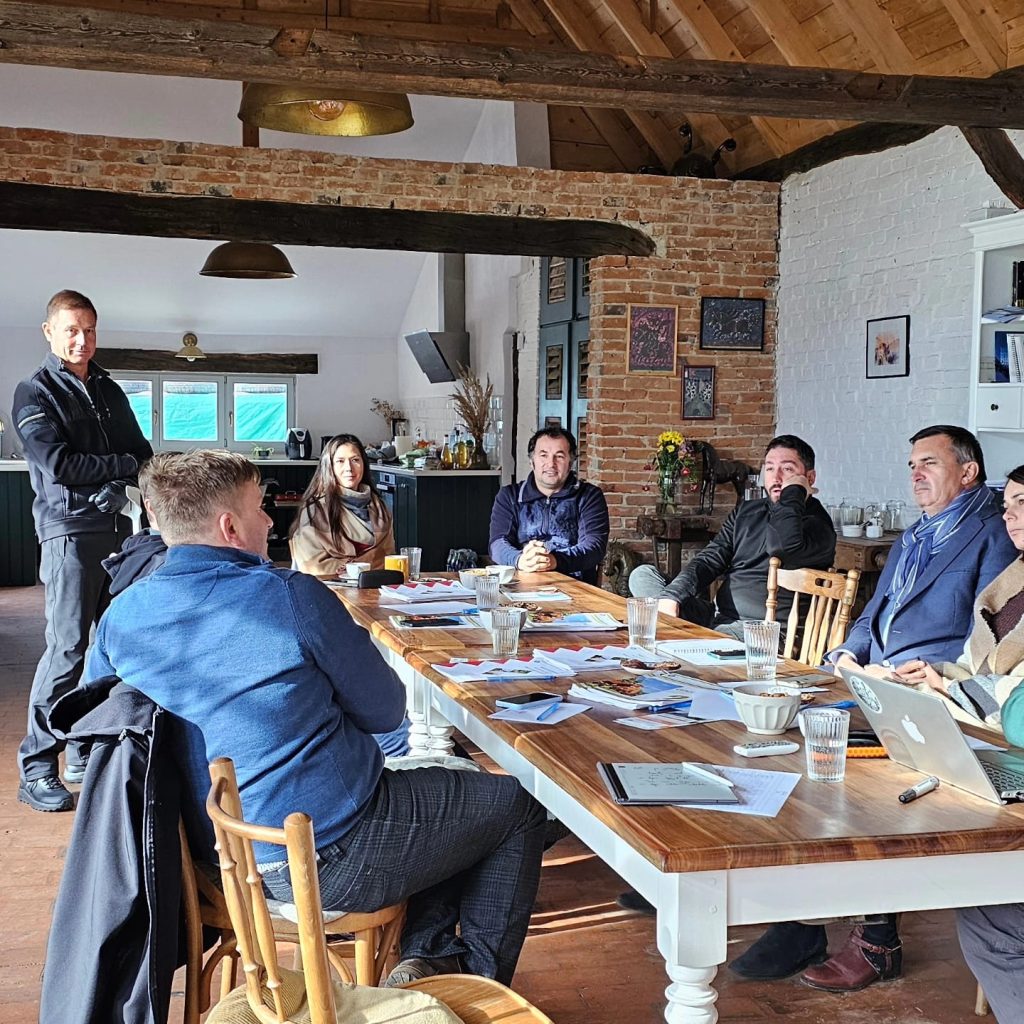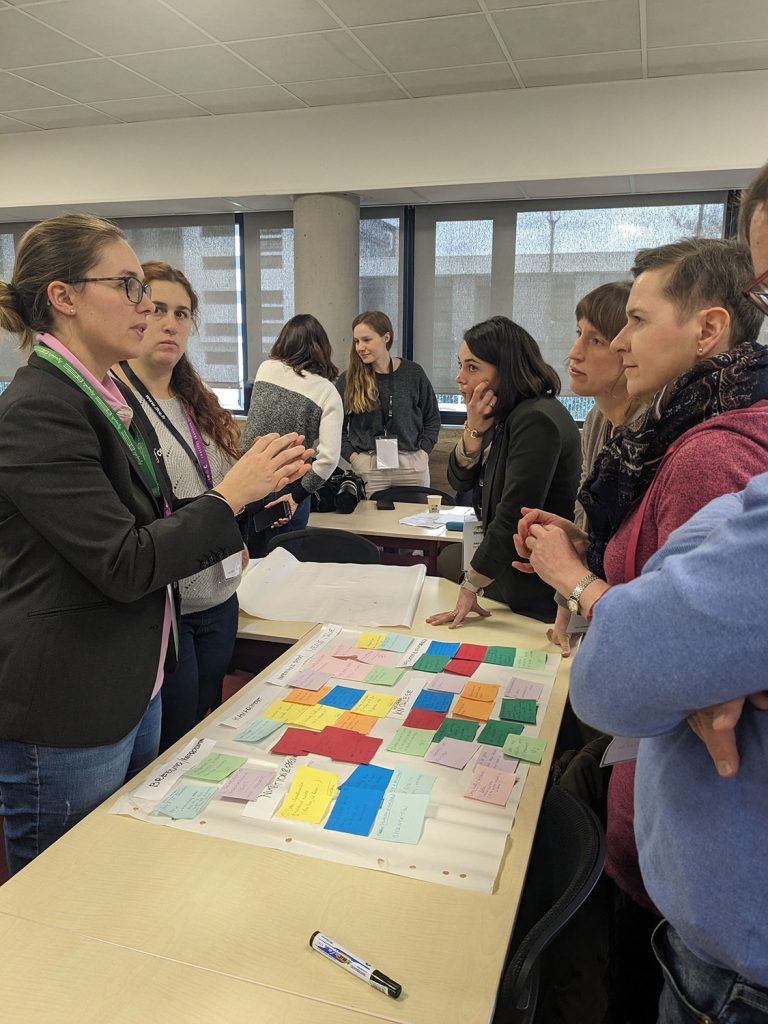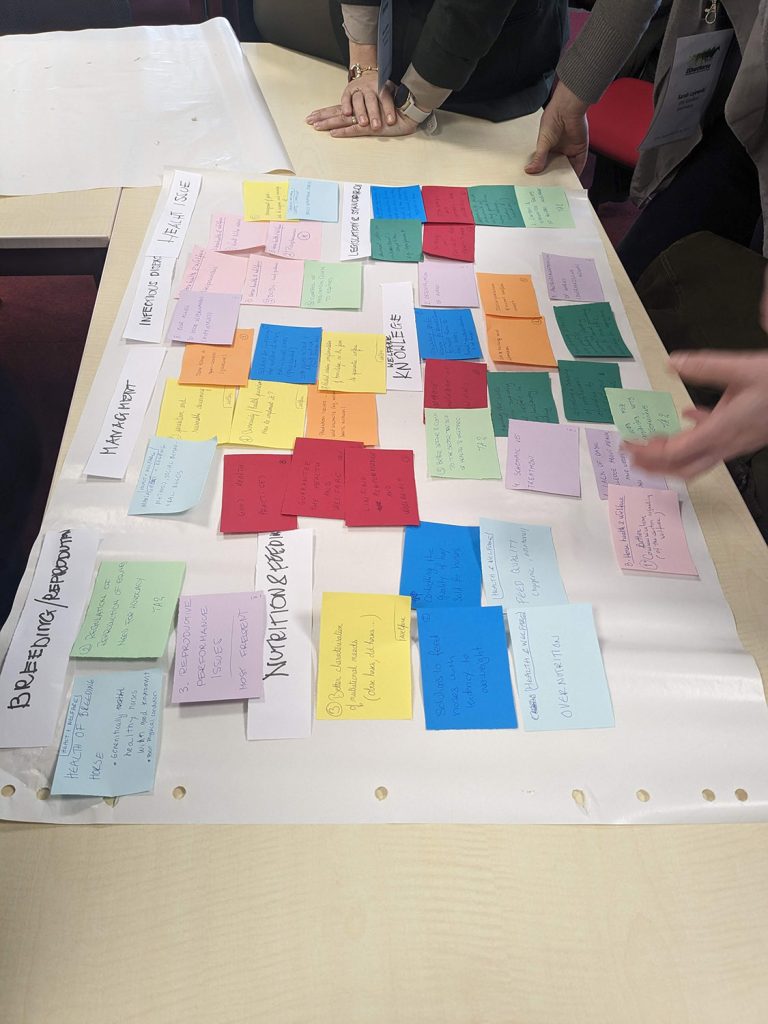Identification of needs
The first phase focused on identifying the key needs of equine farmers to enhance the resilience of their farms. In each participating country, over 40 interviews were conducted, along with a National Workshop (NWS) to help identify and prioritize these needs. After analyzing the collected data, nine priority needs were identified at the European level during the first European Workshop (1EUWS-France) held in December 2023.
Detailed farm characterization and identified needs for Europe and individual countries can be found in the Resources section.


